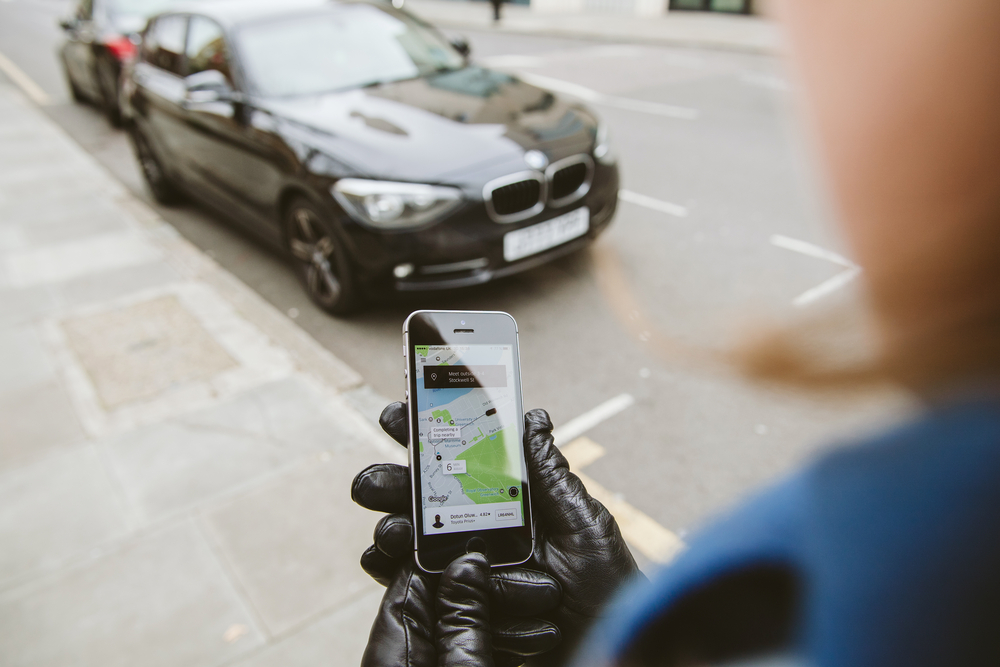
Uber keeps having a difficult time in Europe. In London, the company’s operating license has not been renewed. Transport for London, the local government body responsible for public transportation of all kinds in the British capital, found Uber to be guilty of putting passengers at risk. The reason seems not to be trivial: TFL found that “14,000 trips were taken with drivers who had faked their identity on the firm’s app”. Apparently, the company was already acting to close the breach in its security system, but that was deemed not to be enough.
Free-market think tanks protested vigorously: this article from CityAM presents the reactions of the Institute of Economic Affairs and the Adam Smith Institute, albeit calling them – disturbingly, at least to me – “business groups”. IEA’s Shanker Singham
said the decision marked a “dark day for competition”.
“Uber – and other platforms like it – give consumers real alternatives to the monopoly enjoyed by London’s black cab industry,” he said.
“As with any regulatory crackdown on new entrants, this action will harm London’s consumers, particularly damaging the least-well-off who cannot afford the high cost of black cabs.”
If you care about competition and consumers’ free choice, it is rather easy to see that. Yet Uber bans are ubiquitous in Europe. In some places smaller players doing basically the same thing have emerged and filled the gap: think about Cabify in Spain. But in some others, even good Apps for the traditional taxis (consider “MyTaxi”, now called “FreeNow”) have been severely curbed.
From the viewpoint of economic freedom, which consists in allowing freedom to entry in a market, this is bad. I suppose that assessing the damage inflicted on customers requires more data and a great deal of attention to the specificities of each city. London is a place where public transportation, though expensive, runs very well; other cities are not that lucky. At the same time, it seems to me that there is little correlation between the effectiveness of public transportation as it is, and the strength of the anti-Uber lobby.
The lesson is probably the most easily expected one: politicians tend to protect businesses and market players that already exist, and care not too much about economic freedom, which would allow others to enter the game. But one wonders why Uber strategy in dealing with such problems has failed almost uniformly in Europe. Are vested interested invincible, or perhaps the newcomer has just underestimated them?

READER COMMENTS
William Connolley
Dec 5 2019 at 9:06am
Technically, “banned” is probably wrong… “Uber will not be granted a new licence to operate in London… Uber initially lost its licence in 2017 but was granted two extensions, the most recent of which expires on Monday… The firm will appeal and can continue to operate during that process.”
BC
Dec 5 2019 at 7:41pm
“one wonders why Uber strategy in dealing with such problems has failed almost uniformly in Europe.”
Isn’t it because Europe has a long history and tradition of protectionist guilds and unions? Maybe, there is little correlation between effectiveness of public transportation and the strength of the anti-Uber lobby. However, I would expect to see correlation between trade unionism and anti-Uberism.
Duncan E
Dec 5 2019 at 11:26pm
The reason seems not to be trivial: TFL found that “14,000 trips were taken with drivers who had faked their identity on the firm’s app”
How did they work that out? However they worked it out surely Uber can do the same thing? At the very least contact riders and ask them to check the driver matches the picture and report those who dont?
Also I bet it happens all the time in Londons Mini cabs. (Not so much in black cabs as the cabbies would risk it)
Comments are closed.